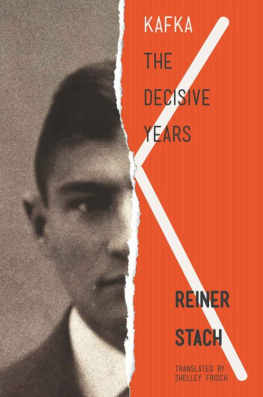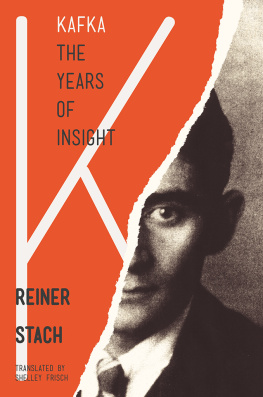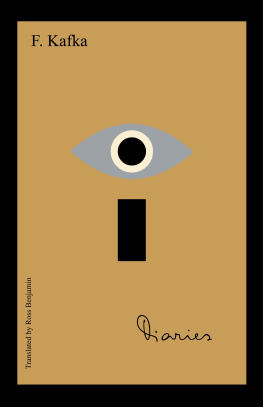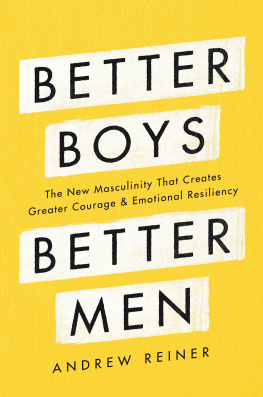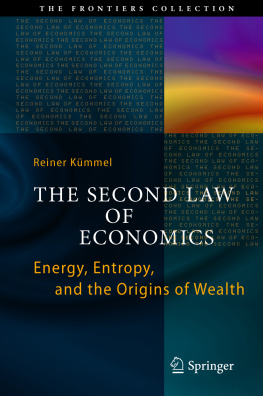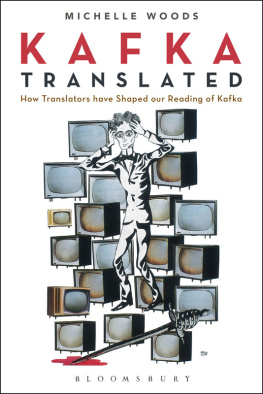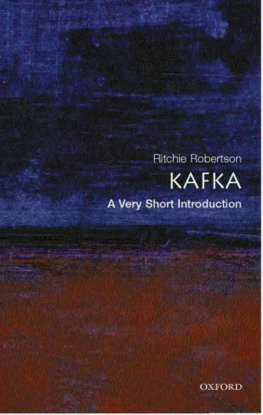Reiner Stach - Kafka
Here you can read online Reiner Stach - Kafka full text of the book (entire story) in english for free. Download pdf and epub, get meaning, cover and reviews about this ebook. year: 2021, publisher: Princeton University Press, genre: Detective and thriller. Description of the work, (preface) as well as reviews are available. Best literature library LitArk.com created for fans of good reading and offers a wide selection of genres:
Romance novel
Science fiction
Adventure
Detective
Science
History
Home and family
Prose
Art
Politics
Computer
Non-fiction
Religion
Business
Children
Humor
Choose a favorite category and find really read worthwhile books. Enjoy immersion in the world of imagination, feel the emotions of the characters or learn something new for yourself, make an fascinating discovery.
- Book:Kafka
- Author:
- Publisher:Princeton University Press
- Genre:
- Year:2021
- Rating:5 / 5
- Favourites:Add to favourites
- Your mark:
- 100
- 1
- 2
- 3
- 4
- 5
Kafka: summary, description and annotation
We offer to read an annotation, description, summary or preface (depends on what the author of the book "Kafka" wrote himself). If you haven't found the necessary information about the book — write in the comments, we will try to find it.
Kafka — read online for free the complete book (whole text) full work
Below is the text of the book, divided by pages. System saving the place of the last page read, allows you to conveniently read the book "Kafka" online for free, without having to search again every time where you left off. Put a bookmark, and you can go to the page where you finished reading at any time.
Font size:
Interval:
Bookmark:
KAFKA
KAFKA
THE DECISIVE YEARS

REINER STACH
Translated from the German by Shelley Frisch
PRINCETON UNIVERSITY PRESS
PRINCETON & OXFORD
Originally published as Kaf kaDie Jahre der Entscheidungen
S. Fischer Verlag GmbH, Frankfurt am Main 2002
English translation copyright 2005 by Shelley Frisch
Reprinted by special arrangement with Houghton Mifflin
Harcourt Publishing Company
Requests for permission to reproduce material from this work should
be sent to Permissions, Princeton University Press
Published in paperback in 2013 by Princeton University Press,
41 William Street, Princeton, New Jersey 08540
In the United Kingdom: Princeton University Press,
6 Oxford Street, Woodstock, Oxfordshire OX20 1TW
press.princeton.edu
All Rights Reserved
Library of Congress Control Number 2013930936
ISBN 978-0-691-14741-3
eISBN 978-0-69123-356-7 (ebook)
British Library Cataloging-in-Publication Data is available
R0
CONTENTS

1
16
21
42
54
71
86
94
108
119
134
145
159
169
175
192
206
226
231
242
253
266
281
297
324
350
368
379
390
401
413
433
444
464
484
493
508
517
519
521
523
551
563
565
KAFKA
INTRODUCTION

T HE LIFE of Dr. Franz Kafka, a Jewish insurance official and writer in Prague, lasted forty years and eleven months. He spent sixteen years and six and a half months in school and at university, and nearly fifteen years in professional life. Kafka retired at the age of thirty-nine. He died of laryngeal tuberculosis in a sanatorium outside Vienna two years later.
Apart from stays in the German Empireprimarily weekend excursionsKafka spent about forty-five days abroad. He visited Berlin, Munich, Zurich, Paris, Milan, Venice, Verona, Vienna, and Budapest. He saw three seas, each once: the North Sea, the Baltic Sea, and the Italian Adriatic. And he witnessed a World War.
He never married. He was engaged three times: twice to Felice Bauer, a career woman in Berlin, and once to Julie Wohryzek, a secretary in Prague. He appears to have had romantic relationships with four other women as well as sexual encounters with prostitutes. He shared an apartment with a woman for about six months of his life. He left no descendants.
As a writer Franz Kafka left about forty complete prose texts to posterity. Nine of these can be called stories, if we interpret the genre liberally: The Judgment, The Stoker, The Metamorphosis, In the Penal Colony, A Report to an Academy, First Sorrow, A Little Woman, A Hunger Artist, and Josephine the Singer, or the Mouse Folk. The works Kafka regarded as complete add up to about 350 printed pages in the critical edition of his writings that is currently considered definitive.
In addition, Kafka generated about 3,400 pages of diary entries and literary fragments, including three unfinished novels. According to the directives addressed to his friend Max Brod in Kafkas will, these manuscripts were all to be burned; Kafka himself destroyed an indeterminable but sizable number of notebooks. Brod did not follow Kafkas instructions; he published as much of Kafkas literary estate as he could find. Virtually all of Kafkas approximately 1,500 letters that were preserved have been published.
HOW ARE YOU? Life is the same as ever, thank you. Life is a state of being, not an activity. You find out only at the end whether you had a life. In 1892, Italo Svevo published his first novel, A Life, the prototype of the modern novel about a white-collar employee. The protagonist, a minor clerk named Alfonso Nitti, seems almost a malicious caricature of Kafka. Like Kafka, Alfonso fails to find erotic gratification. His resolve is stymied by the dreary routine of endless hours at the office. He clings to the illusion of future intellectual productivity but never manages to generate anything aside from a few paltry fragments. Svevo originally had another title in mind: Un inetto (A Good-for-Nothing). He eventually opted for the concise and more effective Una vita. The title did not help; no one appears to have recognized the paradigmatic quality of this hero, and it is unlikely that Kafka ever heard of the novel.
A life? If one applies the standards of twenty-first-century Western society to Kafkas psychological existence, the result is devastating. We regard a life span of eighty years as a biological minimum, something to which we are entitled. A forty-year-old is at the zenith and does not think in terms of the end. If the end does come early, we regard the life as half lived, incomplete and senseless.
This fundamental deficit is multiplied if we employ the currently fashionable parameters of happiness: health, sexual activity, family life, fun, adventures, independence, and professional achievement. While it is true that Kafka did not live on the margin of societyhe had a social life and advanced to the position of deputy department head with pension privilegeshe did not love his profession and paid dearly for the modicum of security it offered. The variety of options young people feel entitled to these days was unavailable to Kafka. As a thirty-year-old, he was still living with his parents. With the exception of just a few months, he spent his life in one city, surrounded by a small, nearly unvarying circle of friends. Everything he owned was eaten up by illness and hyperinflation. He saw little of the world, and what he did see was almost always in haste, because his vacation time was severely restricted. He found pitifully few outlets for his recreational needsnamely, swimming, rowing, gymnastics, garden work, sanatorium respites, excursions to the country, and indulgence in the modest excesses of the taverns of Prague. Even more striking was the disparity between his desperate quest for sexual and erotic fulfillment and the rare instances when he came close to finding such happiness. His fulfillment was always blighted by ambivalence.
Coupled with these limitations and losses was Kafkas immense investment of time and effort on behalf of literature. He saw the act of writing as the focus of his existence. Writing soothed and stabilized him; writing that turned out well made him happy and self-confident. Here too, however, the proportion between effort and reward was almost bizarrely off-kilter. For every manuscript page he considered worth saving, there were ten or even twenty pages he wanted destroyed. All his literary projects that grew beyond the scope of a story failed. Failure plagued his endeavors in other literary genres: the language of poetry was inaccessible to him; his plan to write an autobiography was never realized; and his few halfhearted forays into dramatic writing yielded no tangible results. Let us imagine, as a comparison, that the works of a composer comprise just a few finished pieces of chamber music and dozens of fragmentary compositions, including three unfinished symphonies. Is the composer a failure? An incompetent? Brod tried to gloss over this lamentable situation by adopting a tendentious editorial strategy. Today, however, there is nothing left to conceal: the critical edition of Kafkas oeuvre is available, and it is impossible to escape the impression that Kafka left a heap of rubble for posterity.
Next pageFont size:
Interval:
Bookmark:
Similar books «Kafka»
Look at similar books to Kafka. We have selected literature similar in name and meaning in the hope of providing readers with more options to find new, interesting, not yet read works.
Discussion, reviews of the book Kafka and just readers' own opinions. Leave your comments, write what you think about the work, its meaning or the main characters. Specify what exactly you liked and what you didn't like, and why you think so.

